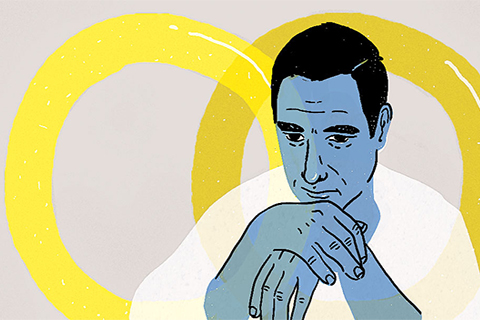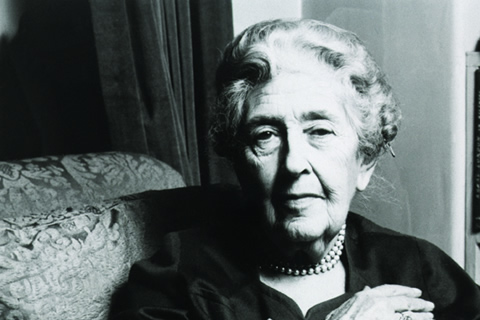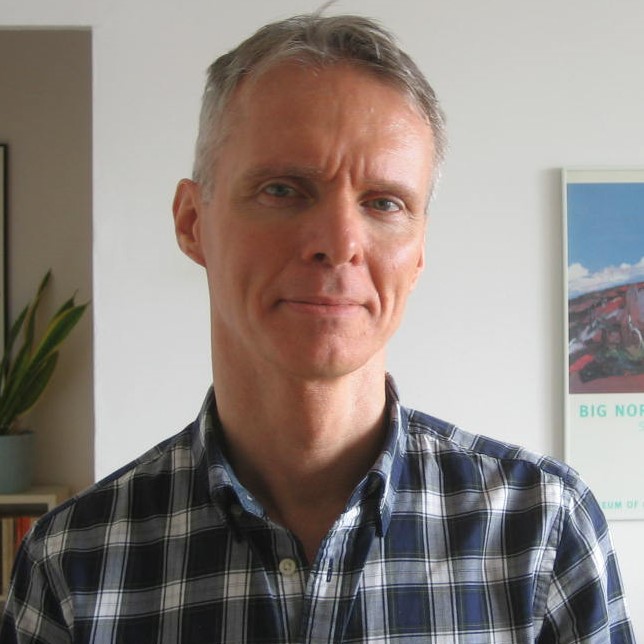“How many movies have you gone to recently where a single person has been featured, happily, strongly, without any kind of lurking sadness or loss?” asks Michael Cobb. “How many times did your parents when you were growing up encourage you to be by yourself forever?”
More than four times as many Canadians live alone today as in 1941 – even though people have many more options now when it comes to relationships, including common-law and gay marriage. But singles are still stigmatized, says Cobb, a professor of English at U of T. Despite a vast change in our approach to relationships, society’s zeal for conformity and control pushes people to couple off, Cobb argues, and this pressure distorts the lives of both singles and couples.
In his latest book, Single: Arguments for the Uncoupled (NYU Press, 2012), Cobb draws on literary characters such as Herman Melville’s Bartleby and Ralph Ellison’s Invisible Man to suggest how singles might resist coupledom. But by and large, he says, not many positive representations of single people exist in our culture. Even popular touchstones that purport to celebrate singleness, such as Sex and the City, are actually about the desperate need to couple.
The problem, says Cobb, is that our culture’s emphasis on coupledom – the belief that it completes us and represents the most important emotional relationship we can have – has blinded us to other possibilities. In his book, Cobb suggests that couples displace their own anxieties – particularly a morbid fear of loneliness – onto singles with the result that singles are never seen clearly for who they are.
Singles aren’t necessarily lonely, of course, but they’re widely thought to be, “and loneliness, as we’re frequently reminded, has terrible consequences.” Part of the book, says Cobb, stems from his own experience of being happily single, with an interesting career and great friends. “No one in my world thought I was happy and it was because I wasn’t partnered off.” At the same time, he concedes single life is not all fun and games: “It’s often quite hard, quite painful, especially in a world that doesn’t want you to exist.” But he maintains it offers something valuable.
Where coupledom shrinks your horizons, forcing you to concentrate on one relationship at the expense of the world at large, singleness allows you grander vistas, bolder visions. Singles might be adventurers rather than lovers, figures like the painters Georgia O’Keeffe and Agnes Martin who toiled in desert-solitude and came to a new view of the world. “The single . . . can teach us to open ourselves up to the world of isolation and distance, which might give us, not eternity, but something not so outside of time and impossible to achieve,” Cobb writes. “The single can teach us how to be alone – ‘all one,’ as the word alone etymologically suggests.”
In the long run, this could benefit couples as much as singles, he says. If we stop idealizing couples and start endorsing singles, it could take the pressure off everybody, allowing even people within relationships to have a little more room to be themselves. “It’s all about trying to get past a certain institutionalization of the importance of coupledom and marriage and allow us to have more breathing room. I’m not against people who have relationships,” says Cobb. But the personal, historical, cultural and economic priority we put on capital-R relationships – “I think that needs to be changed.”






